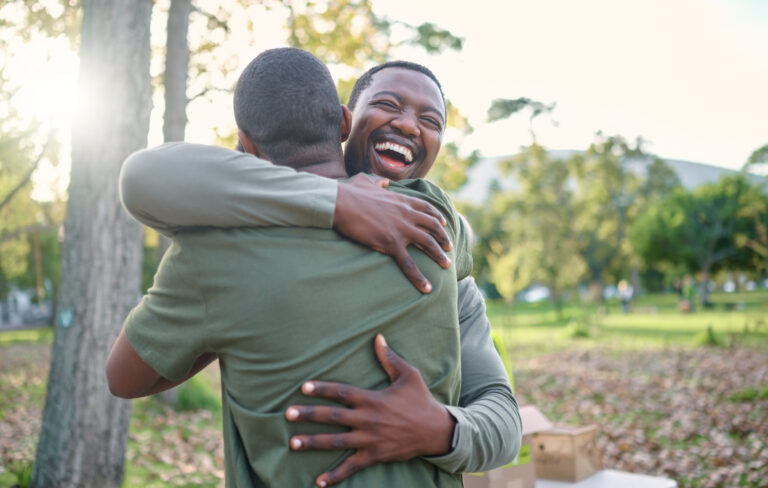Even before our wedding day, I had a picture of a perfect union with Susan and our future life together. My expectations were all good times and that we would not eventually face tough times. But as the years went by, I often thought to myself, Our marriage should’ve been easier than this. It would’ve been easier if only… But there can’t be hope for marriages when we think that way.
I battled a sense of “should’ve, would’ve, could’ve.” If you’re battling that same sense, here’s what you have in common with the very first couple—and why you can have hope for what marriage can be.
What Should’ve Been
The idealism we initially have in marriage is wired into us from the beginning by our Creator, God. The record of Creation points out that Adam was alone—and it was “not good.” So God gave him Eve. That’s pointed out for our benefit, to understand that we were made for relationship. We crave that perfect design and what “should’ve been.”
What Would’ve Been
All of us would’ve had that perfect marriage, but the perfection of the first union between the first couple, Adam and Eve, didn’t last. Temptation got in the way, Adam and Eve rebelled against God, and it broke their perfect relationship with Him. That brought a lot of relational destruction with it. We inherited that. It’s the inclination to focus on ourselves, our desires, our comfort, and our happiness. And every generation since has struggled with selfish desires (the greatest enemy in marriage). But here’s the thing: we can have hope, no matter how dire our “should’ve, would’ve” struggle has been.
What Could Be
Our best hope for marriages, no matter how close or distant they are, is to let go of our selfishness and approach marriage God’s way (even as we accept that we’ll never be perfect at it). So how do we do that? Of all the many things we should be doing in our marriage, I’m convinced that three simple words, at the core of our Family First mission statement, are key: truth, love, and hope.
Truth for marriages is more than just speaking honestly to each other (which is very important to trust, intimacy, and conflict resolution to name a few). Truth is also about what our marriage is grounded in; it’s the very foundation of marriage.
Love for marriages is more than just having sex. Love is giving selflessly and sacrificially to your spouse. Love is a choice, not just a feeling. It is so critical that we remind ourselves about that choice every day. I choose to love Susan, which means I will sometimes show love even when I don’t feel like I want to, or when she doesn’t seem to deserve it.
Hope for marriages is vital. Hopelessness in marriage can become a vicious cycle, a vortex that feels like a self-fulfilling prophecy of doom. But hopelessness can be overcome by hope. And hope has to start with just one person saying “I’m not giving up. I’m going to keep trying. I’m going to persevere. I’m going to love you well no matter what.”
Let’s realize that our early idealism is rooted in a perfect design. Let’s fight the selfishness that erodes our joy. And let’s commit to pursuing truth, love, and hope.
Where do you think people can get hope for marriages that should’ve, would’ve, could’ve been better? Share in a comment below.



